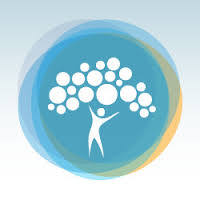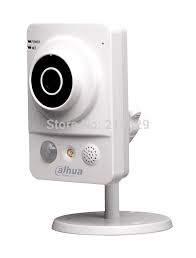Nuance Audio is a new option for people who resist traditional aids, from the company that makes Ray-Bans and operates LensCrafters.
Seekers of Meaning Podcast Posted Online March 7, 2025
What's Next Longevity Deal Talk Episode 32, January, 2025
Presentation: What's Next Longevity Venture Summit, June, 2025

 Why does tech-enabled home care show potential? Growing life expectancy and shrinking assets limit options of older adults in late life, leaving those who may need care more likely to receive it at home. The biggest constraint for this industry is scarcity of willing workers. Although a greater role for technology is envisioned by many, the highly fragmented home care industry has made incremental progress in achieving it. As the industry matures, standard practices and tech-enablement have begun to take shape. With the coming age wave, venture capitalists have been intrigued and funding has exploded, exceeding $200 million by 2016 year end.
Why does tech-enabled home care show potential? Growing life expectancy and shrinking assets limit options of older adults in late life, leaving those who may need care more likely to receive it at home. The biggest constraint for this industry is scarcity of willing workers. Although a greater role for technology is envisioned by many, the highly fragmented home care industry has made incremental progress in achieving it. As the industry matures, standard practices and tech-enablement have begun to take shape. With the coming age wave, venture capitalists have been intrigued and funding has exploded, exceeding $200 million by 2016 year end.  So you want to launch a boomer/senior, home health tech product or caregiving marketplace, or caregiver advisory service. As your new company get ready to travel into battle later this spring to a plethora of
So you want to launch a boomer/senior, home health tech product or caregiving marketplace, or caregiver advisory service. As your new company get ready to travel into battle later this spring to a plethora of ch-enabled home care -- what does the interview research reveal? The report will be posted later this month, but specific insights emerged after speaking with 21 leaders in the home care business and technology segments. The interviews are completed and the report is drafted. Here are six predictions that are drawn directly from that process:
ch-enabled home care -- what does the interview research reveal? The report will be posted later this month, but specific insights emerged after speaking with 21 leaders in the home care business and technology segments. The interviews are completed and the report is drafted. Here are six predictions that are drawn directly from that process: